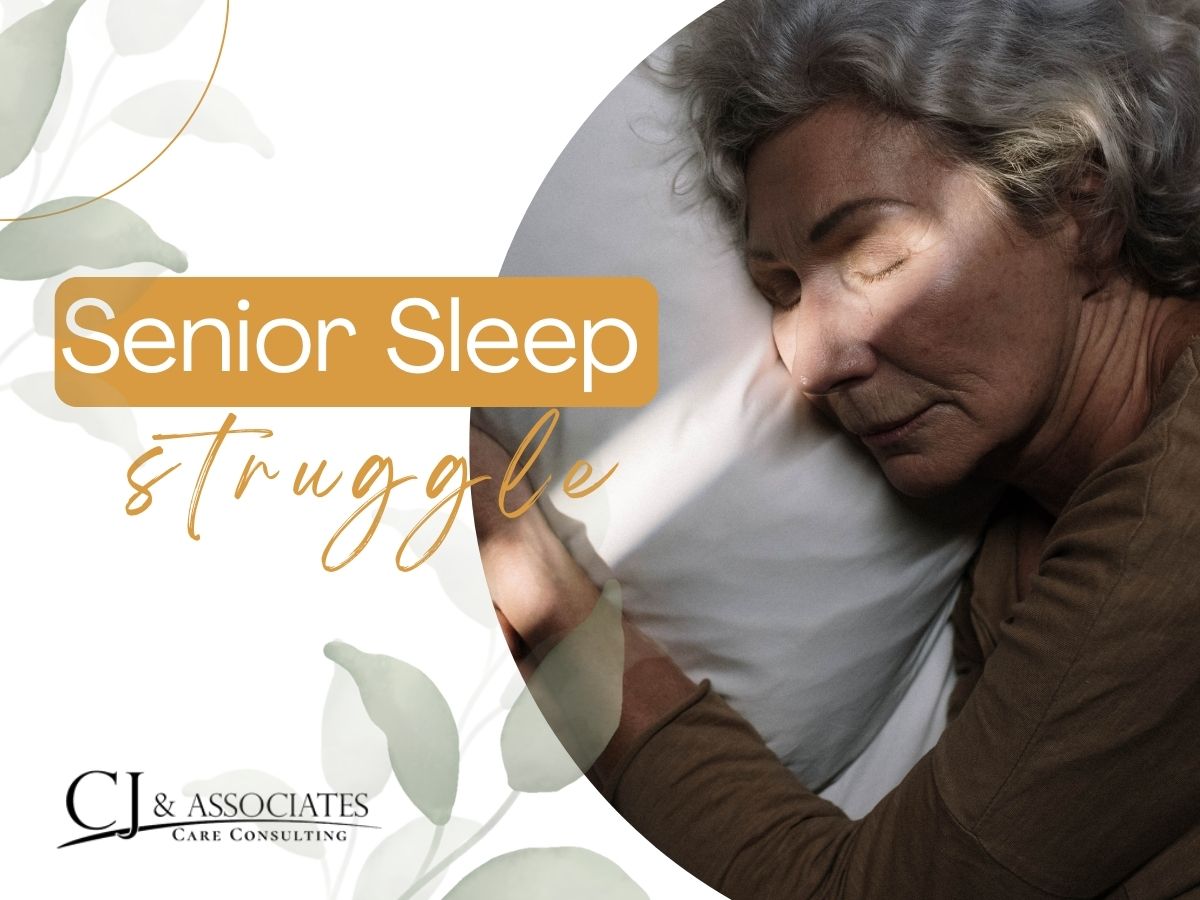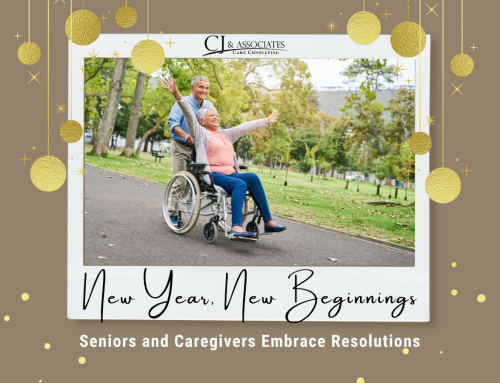Sleep is crucial when it comes to physical and mental health at every age, but especially for older adults who may already be facing illness or other reductions in quality of life. A lack of sufficient sleep is not only indicative of potential health concerns, but may actually cause or increase the severity of certain illnesses or disorders.
Seniors need the same amount of sleep as other adults, around seven to nine hours per night. Unfortunately there are many reasons why adults over 65 struggle to get enough quality sleep each night. Illness, medications and other substances, mental or physical disorders, stress, poor sleep habits, and sleep specific disorders are just some of the potential causes of sleep problems. If these issues with sleep are not addressed they can cause exhaustion and cognitive impairment in the short term, and more serious issues with heart function, cognitive and emotional processes, immune system health, and can even lead to an increased risk of death.
In order to fall asleep, many older adults rely on medication or supplements to put them to sleep, but taking these regularly, and even occasionally can actually harm people’s ability to sleep well over time and impact daily functioning after waking. Instead, consider trying some of the many ways to more naturally support the body’s ability to sleep well.
- Stick to a schedule: maintain a consistent time for both going to bed and waking up, even on the weekends, so that your body can regulate its circadian rhythm.
- Create a calm-down routine: think about what activities help you rest and relax, and incorporate them into your bedtime routine. Having a regular bedtime regimen will give your body physical cues that it’s time to start winding down.
- Avoid naps: while napping in the daytime feels good in the short term, it can derail your sleep cycle and make it more difficult to get back to sufficient sleep during the night.
- Limit caffeine: like napping, caffeine is a quick fix for daytime sleepiness, but consuming caffeine in the afternoon or evening can keep you from falling asleep at bedtime.
- Keep electronic devices out of your bedroom: electronic devices are stimulating and put out a blue light which affects your ability to fall asleep. If you use anything with a screen in the evening or at night, use blue light glasses to reduce their impact.
If you implement these or other tips and are still struggling with your sleep or exhaustion during the day, talk to your doctor to determine if you have underlying causes affecting your ability to get some shut eye.
The consultants at CJ & Associates Care Consulting can help you or your loved one get the help they need to stay healthy. Contact us today for more information or to make an appointment.






